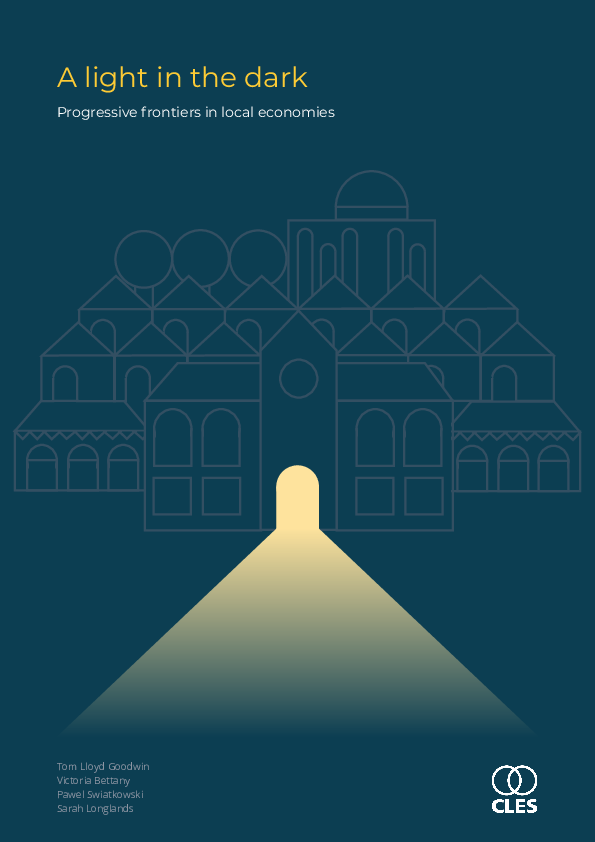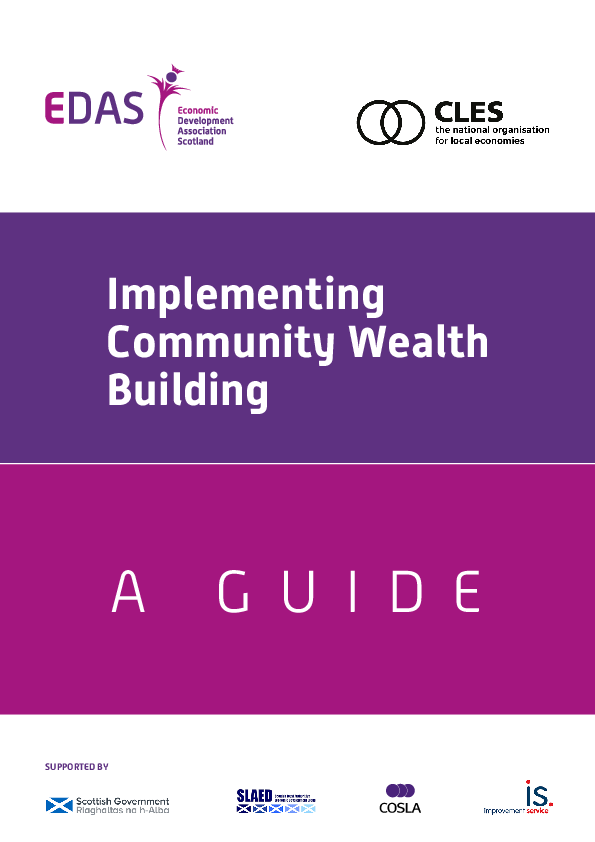A compelling vision
This article originally appeared in the Municipal Journal, where our Chief Executive, Sarah Longlands, writes a regular viewpoint column.
Conversations with local economic development officers this week reminded me, once again, of how difficult it is to fund the desperately needed transformation of places.
This scarcity of funding means that councils have to be pragmatic. Many are attempting to develop funding packages from the many and various national schemes and there is an ever-increasing reliance on private sector investment both from the UK and abroad. But there is a bitter irony in a government thinking that they can continue to cut funds to local government yet still expecting them to devise top notch investment propositions for private investors.
“a perpetual state of crisis”
Place-based policy in the UK continues to rely on the assumption put forward by George Osborne’s 2010 budget: that investment in public services must be dependent on their ability to generate growth. This ouroboric logic has resulted in more than a decade of grinding austerity, leaving communities, and some local councils, in a perpetual state of crisis.














